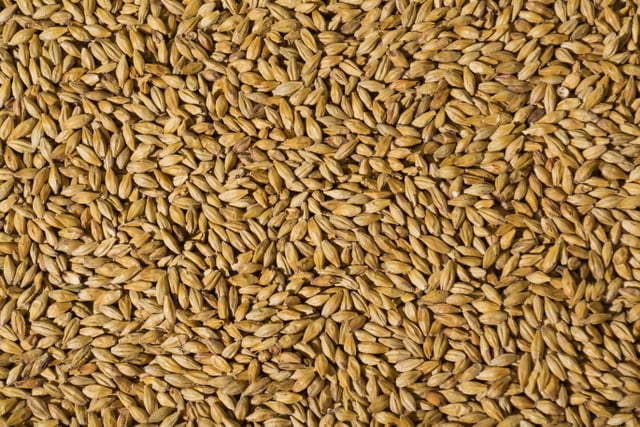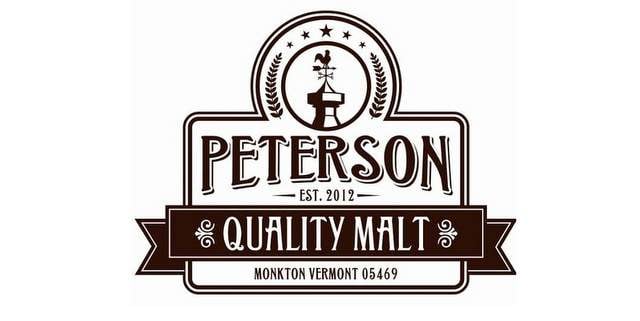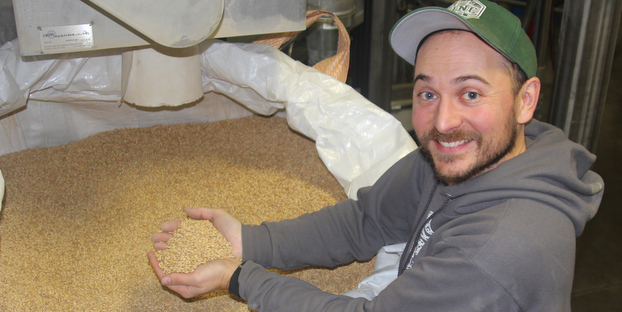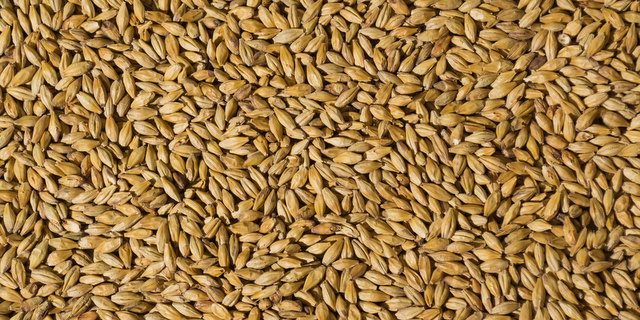
The North American Free Trade Agreement (NAFTA) is a trilateral trade bloc with America, Canada and Mexico that eliminates tariffs and duties on products. It’s been helping grow the North American economy as a whole for over two decades, and it is today the largest trade agreement in the world. But on January 23 of this year, Donald Trump signed an executive order to “renegotiate” NAFTA, and the countries involved have been in “negotiations” ever since.
There are critics on both sides of the argument. Folks say NAFTA sends too many U.S. manufacturing jobs to Mexico, props up poor worker conditions and is bad for Mexican farmers and small business, yet NAFTA also ensures we pay less for products like groceries and oil, props up American exports and allows for good diplomacy with our neighbors (as in, don’t fuck with the people next door; we’re going to see them all the time). One U.S. market that it definitely helps is the U.S. barley and malting industries. In fact, Mexico is U.S. barley’s top export destination.
Cuauhtémoc-Moctezuma-Heineken (CCM/Heineken) of Mexico realizes all of this, so recently the subsidiary of Heineken International announced it would look elsewhere for malted barley if the United States leaves NAFTA. CCM/Heinken sourced 100 percent of its barley needs from Montana in 2017, totaling 100,000 metric tons (4.6 million bushels). According to this U.S. Grains Council article (the council is a non-profit that develops export markets for U.S. barley, corn, grain sorghum and related products):
“Ending NAFTA could mean a lose-lose situation between CCM/Heinken and U.S. barley farmers,” [Javier] Chávez [U.S. Grains Council Mexico marketing specialist]. “This team helped emphasize that U.S. farmers are supportive of the importance of this agreement to business on both sides of the border.”

On the flips side, there are lots of people arguing that NAFTA has helped decimate the small Mexican farm industry. In fact, read this great article by Public Radio International (PRI), which is global non-profit media company, about how NAFTA has placed enormous hurdles on the Mexican ag industry — specifically barley. But it is still a fact that the loss of NAFTA would greatly affect American barley producer exports. It will also rub international players the wrong way. For instance: In 2005, Grupo Modelo, the maker of Corona and Modelo, built a $60 million plant in Idaho Falls, Idaho, specifically to malt barley for the Mexican beer industry.
To a different U.S. Grains Council article:
Mexico purchased more than 680,000 metric tons (31.2 million bushels) of U.S. barley valued at $220 million over the last 10 marketing years, driven by the Mexican brewing industry. The 2015/2016 marketing year exports generated $48 million in additional economic activity throughout the U.S. grain supply chain.
A good portion of the beer brewed with those imports later travels back across the border as imported beer, including recognizable brands like Dos Equis and Modelo. In fact, the U.S. Department of Commerce reported that seven out of 10 beers imported by the United States originated in Mexico.
Yep, revising NAFTA would also affect Mexican imports of beer, which actually may help American brewers (or maybe move their production to the United States), but as you might expect, it will also hurt American hop producers. Since 2010, Mexico has been either the world’s largest importer of U.S. hops or second just behind the United Kingdom. If NAFTA falls, there will be a big shake up in the North American beer industry.





Leave a Reply
You must be logged in to post a comment.